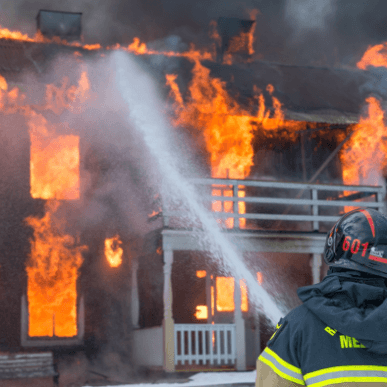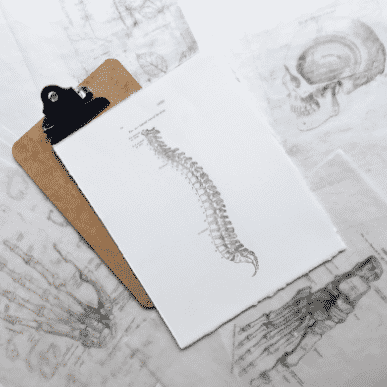- Our Firm
- Personal Injury
-
-
-
Personal Injury Lawyers
-
-
-
-
-
-
Injured in an accident? At Diamond & Diamond, our team of lawyers rely on their reputation in the field and extensive experience in personal injury to provide clients with a dedicated support system over the duration of their case.
-
-
-
-
-
HAVE YOU RECENTLY BEEN INJURED IN AN ACCIDENT?
-
-
-
- Corporate
- Class Action
Chris Wilkes
These injury lawyers are excellent. Communication was very good and they always made sure I understood everything that was going on throughout the whole procedure. I was very satisfied with the settlement and payment was very prompt after resolution. Thank you D & D!



R A
I was very scared and anxious about dealing with my matter because I dont know anything about the law. I spoke with Joel Mcleish and he was very comforting and kind. He made all my worries go away and was very helpful. He was always available if I had a question and he talked me through the entire process. If he was not available I also had a direct line to his assistant Nyachom who was also helpful. Thanks Joel you have helped me cope with my injuries.











Jerry Topps
The team at Diamond and Diamond were a pleasure to work with. They provided courteous, professional and prompt service and would often go the extra mile to meet my individual needs. Timely communication and availability by both, Lara and Steven made the experience an easy process. I was always informed of all my options and any updates on a consistent basis. I was satisfied with the result and efforts of their services. I highly recommend using the services provided by Diamond and Diamond Law.











Dalbir Singh
Krysta and Breanne helped me with a mortgage transfer and the entire process was as smooth as it could've been. My situation required me to be out of the country and many lawyers weren't flexible enough to work with me on this. Diamond & Diamond were willing to work on my timeline and were incredibly helpful throughout the whole process. I would 100% recommend them!











Victoria Souter
If you are looking for a personable, professional and a caring team in your corner, I HIGHLY recommend Richard and Lisa from Diamond & Diamond. Not only is their attention to detail and level of knowledge outstanding but they are always available which was very important to me. Their hard work and determination really paid off and we were all very happy with our results. Thanks Richard and Lisa for all your hard work!











Matthew Simpson
Richard & Lisa are a highly competent and dynamic team. They were able to handle my case with a minimum of fuss, and a best case scenario resolution. I cannot recommend them enough.











Svet Shaw
Qasim from Diamond & Diamond is very helpful, understanding, welcoming, kind and he has a lot of patience. He's always there for me and always has a answer. If he doesn't, he will get the answer and he's very prompt to emails and phone calls. Excellent customer service and I highly recommend the team at Diamond & Diamond.











Shannon Croston
I am a client and I would recommend diamond and diamond anytime especially to work with Qasim and Patricia. These two wonderful people helped me so much and I got everything I needed. They were also very understanding and easy to talk to while I was going through the most difficult time in my life and I appreciate them very much. If ever you need help because of car accidents please call diamond and diamond. Ask for Qasim he is absolutely amazing.






















 Reviews
Reviews
















